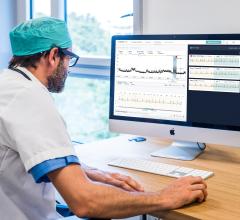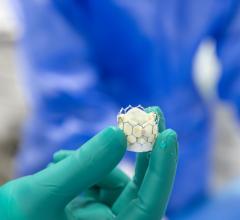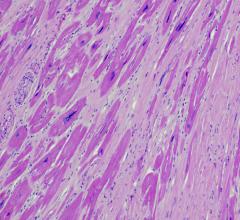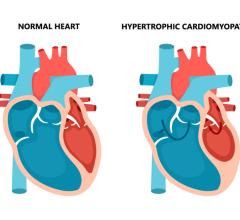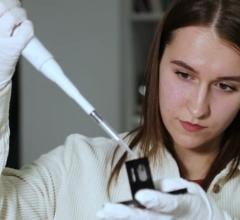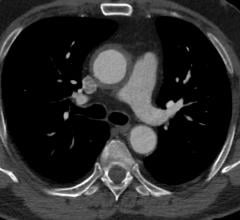April 4, 2008 - Medtronic presented data at the ACC on its REVERSE (Resynchronization Reverses Remodeling in Systolic Left Ventricular Dysfunction) trial showed that more patients in the trial improved with CRT, although the trial did not meet statistical significance for the pre-specified analysis of its primary endpoint of a heart failure at 12 months.
REVERSE is the first large-scale, global, randomized, double-blind trial to evaluate cardiac resynchronization therapy (CRT) in asymptomatic or mildly symptomatic heart failure patients (NYHA Class I, II).
Despite not meeting statistical significance for the pre-specified analysis of its primary endpoint of a heart failure Clinical Composite Score at 12 months, more patients in the trial improved with CRT. The Clinical Composite Score is a measure of both subjective and objective assessments. Additionally, in a secondary endpoint, the trial showed that CRT leads to improvement in cardiac structure and function as measured by echocardiography, meaning the heart size is reduced and therefore acts as a more-efficient pump.
"I believe this data indicates that in this study, CRT in combination with optimal medical therapy improved left ventricular function in this population of heart failure patients," said Cecilia Linde, M.D., of Karolinska University Hospital, Stockholm, Sweden, worldwide principle investigator for the REVERSE trial. "Another observation is that over the 12-month follow-up period, CRT in mildly symptomatic patients delayed the time to first heart failure hospitalization."
For more information: www.medtronic.com

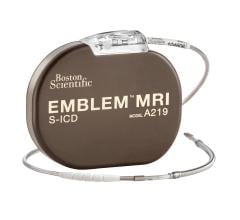
 May 18, 2024
May 18, 2024 
